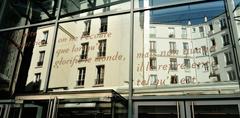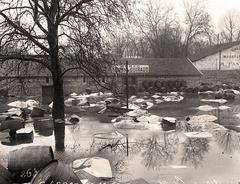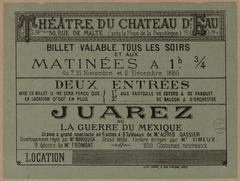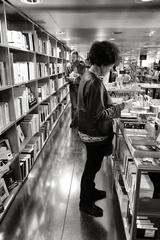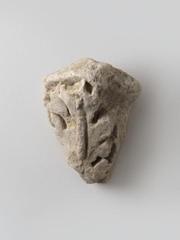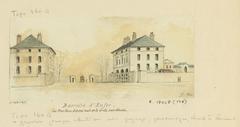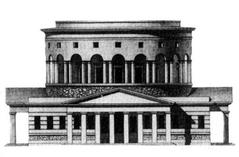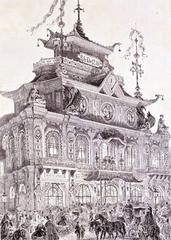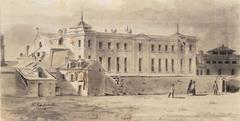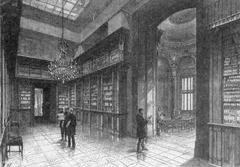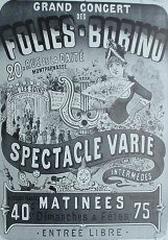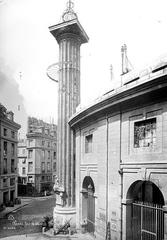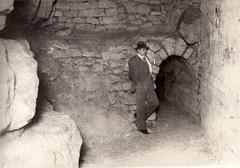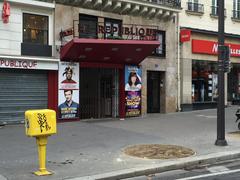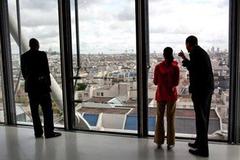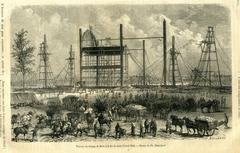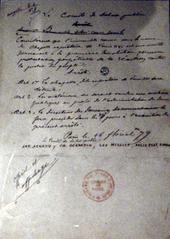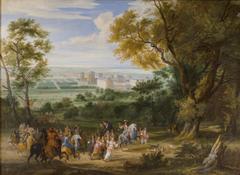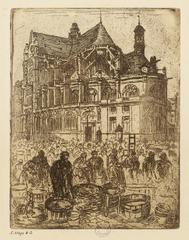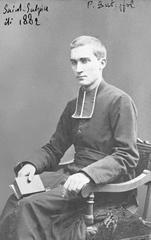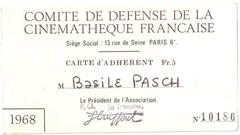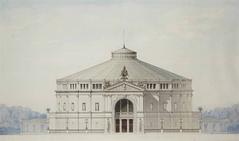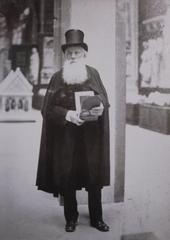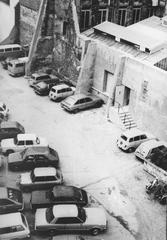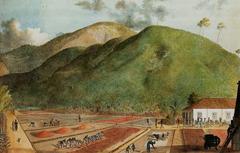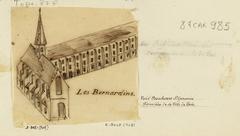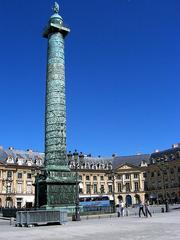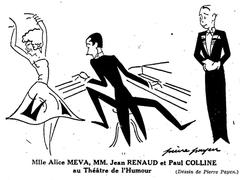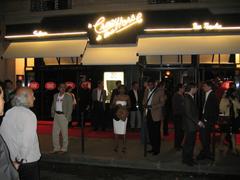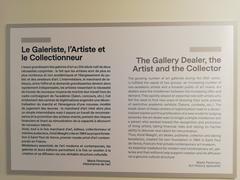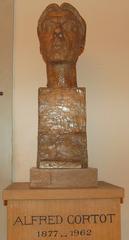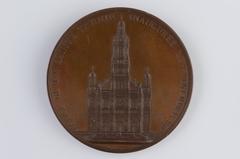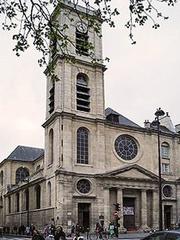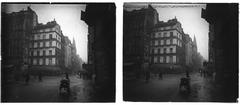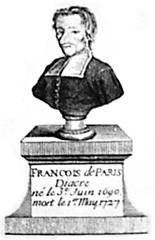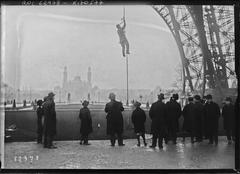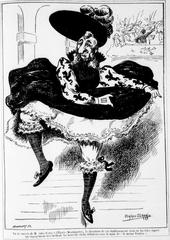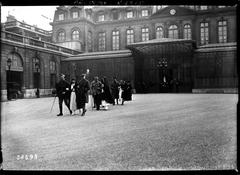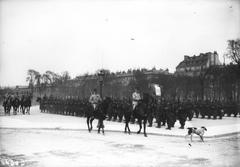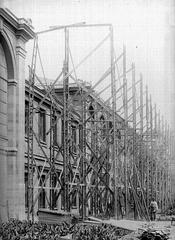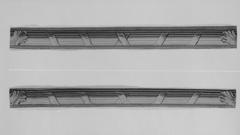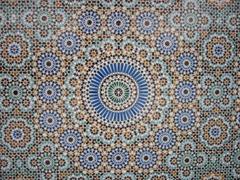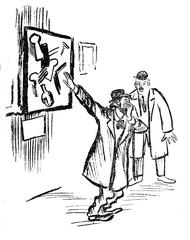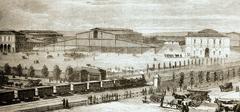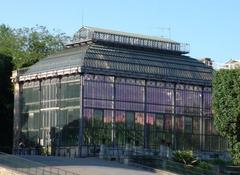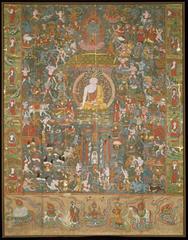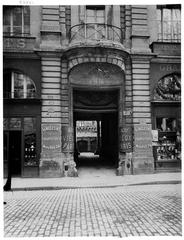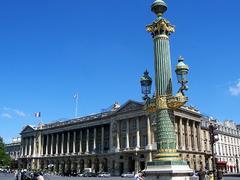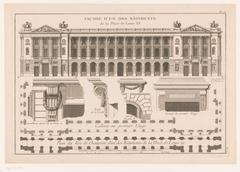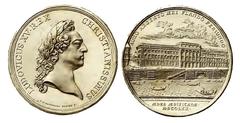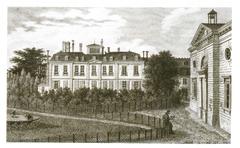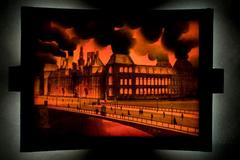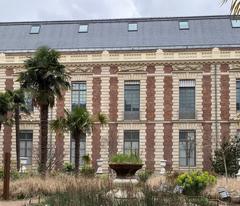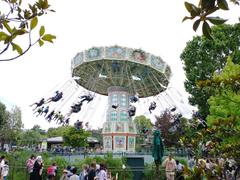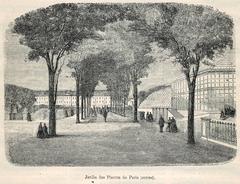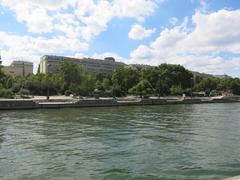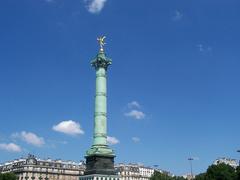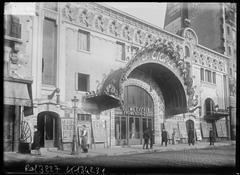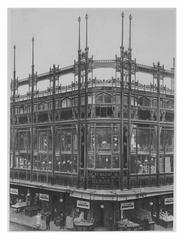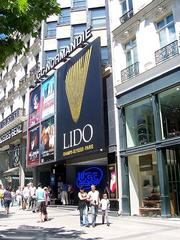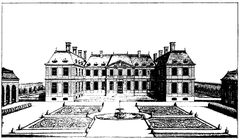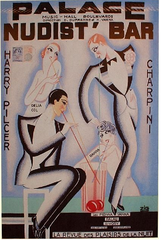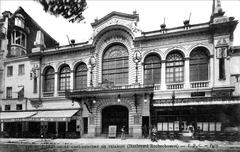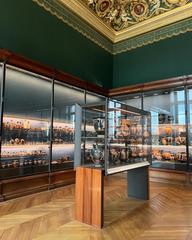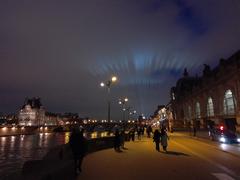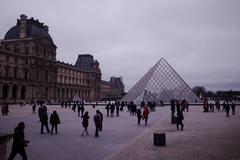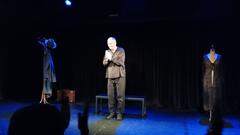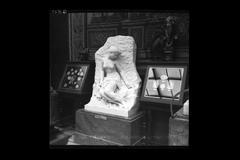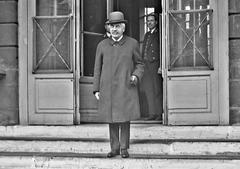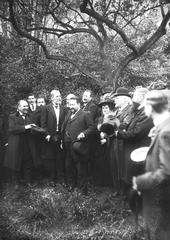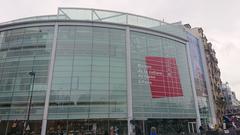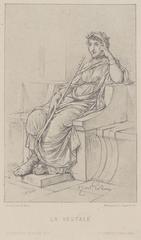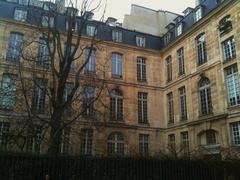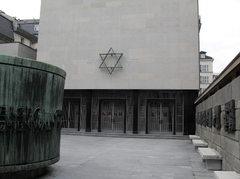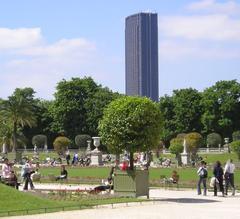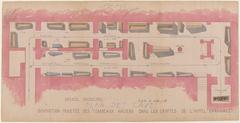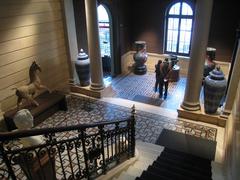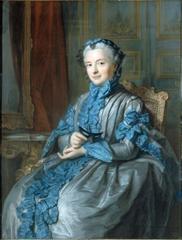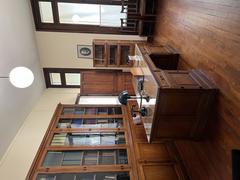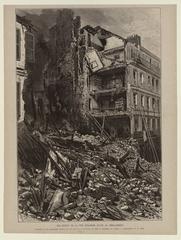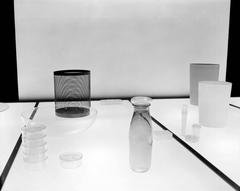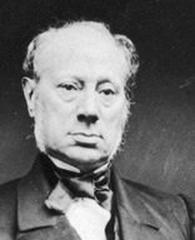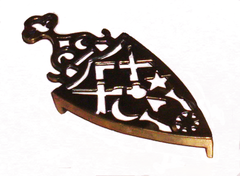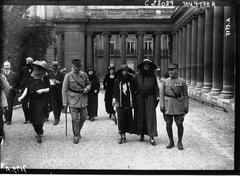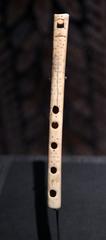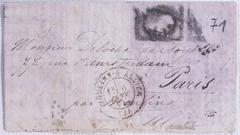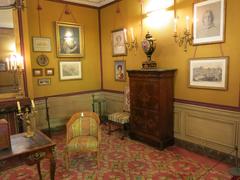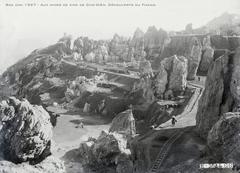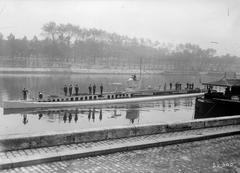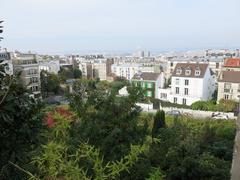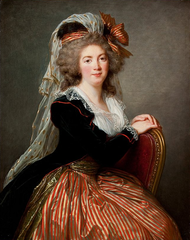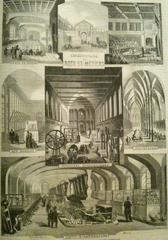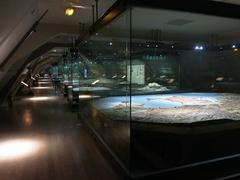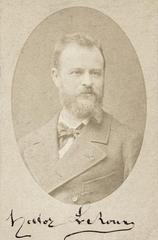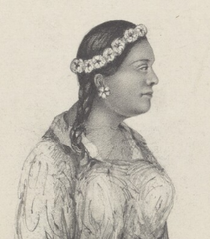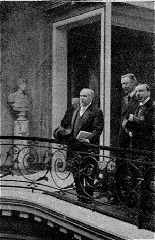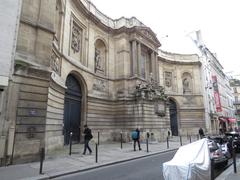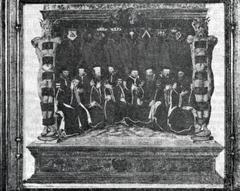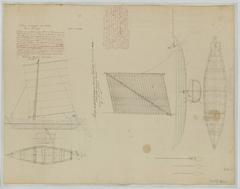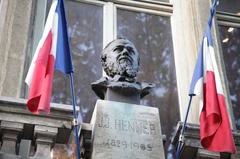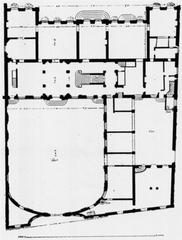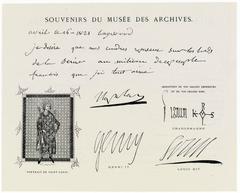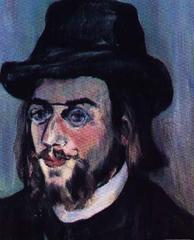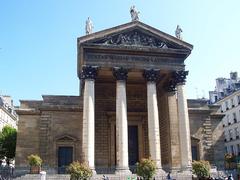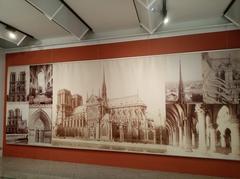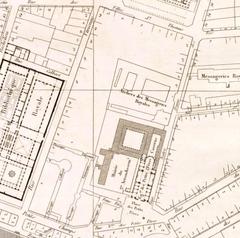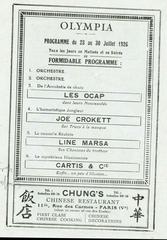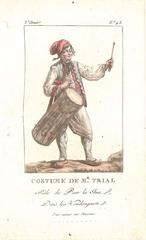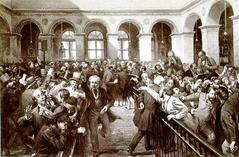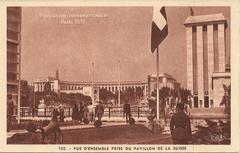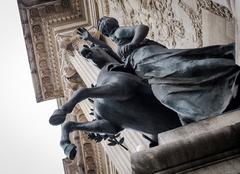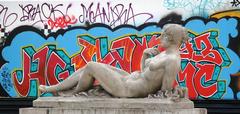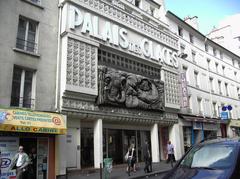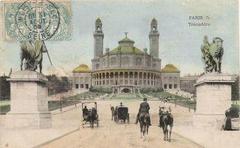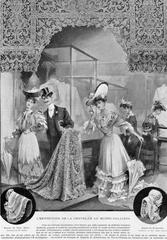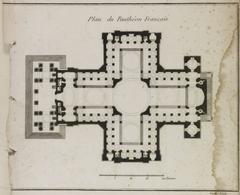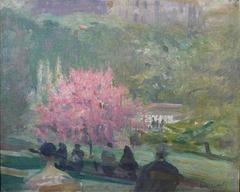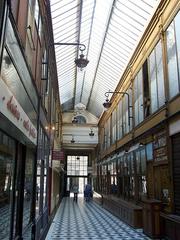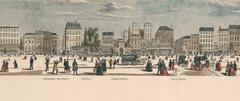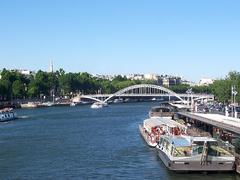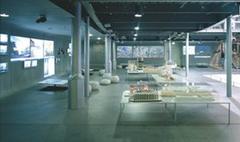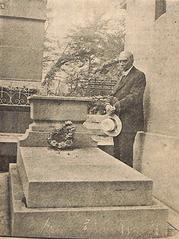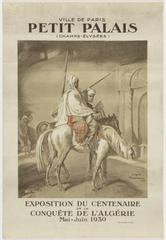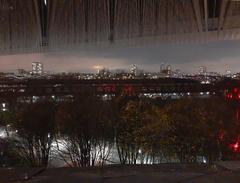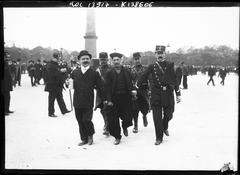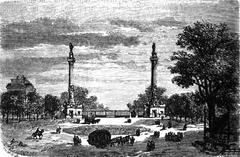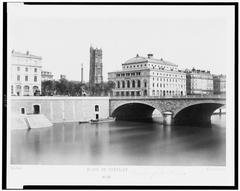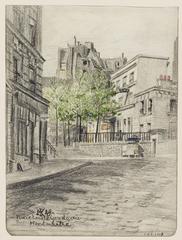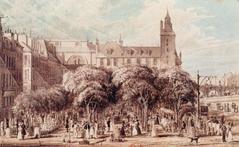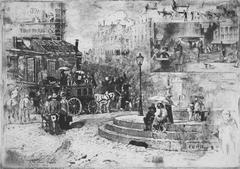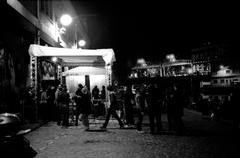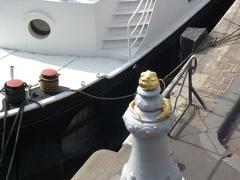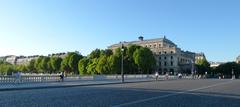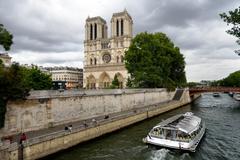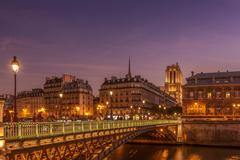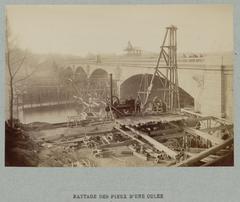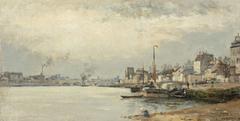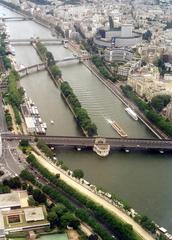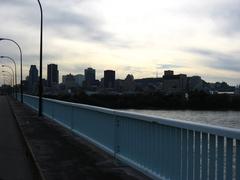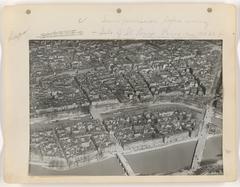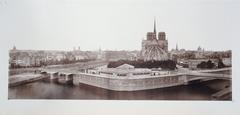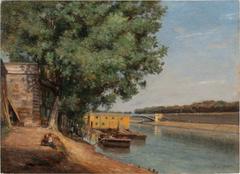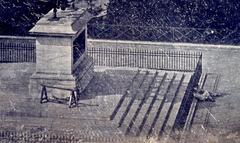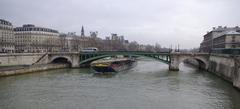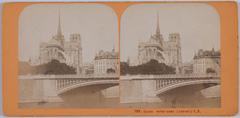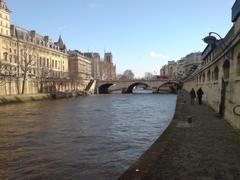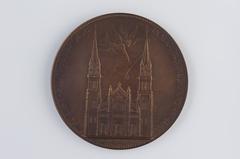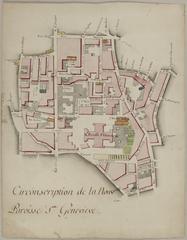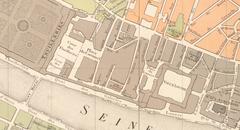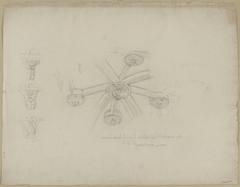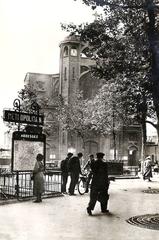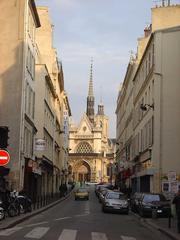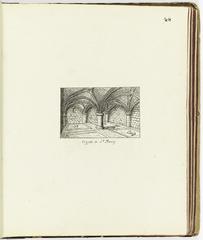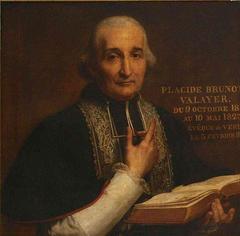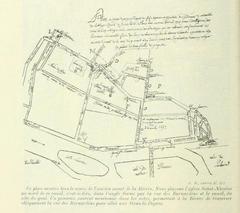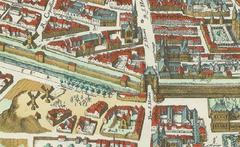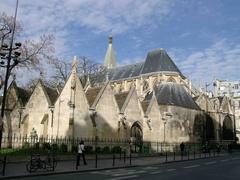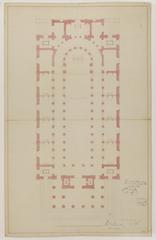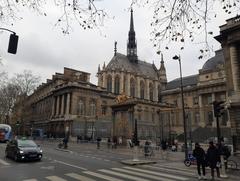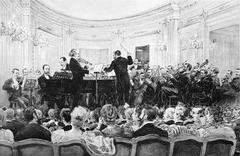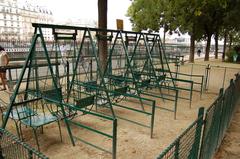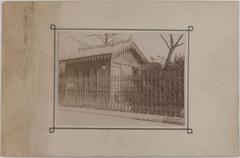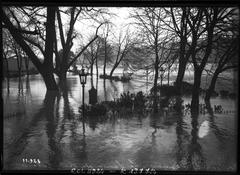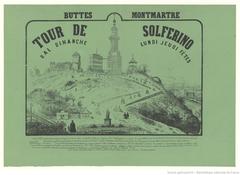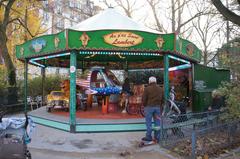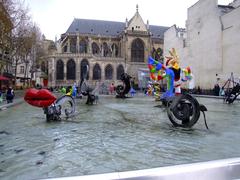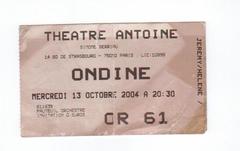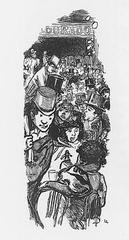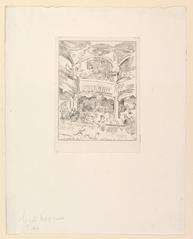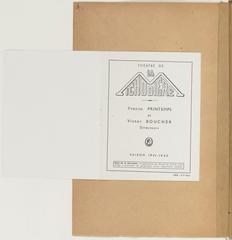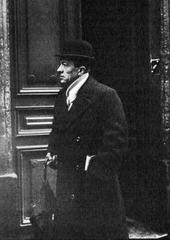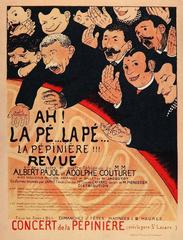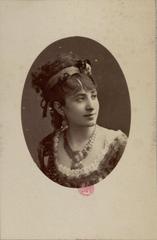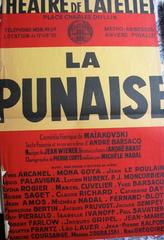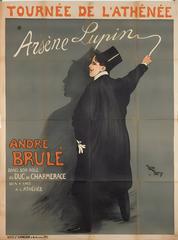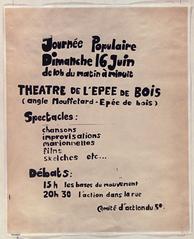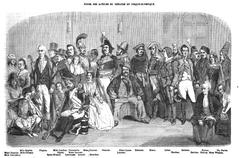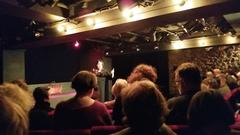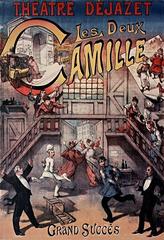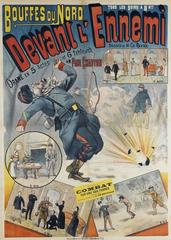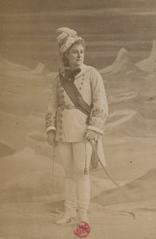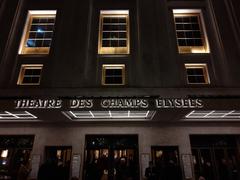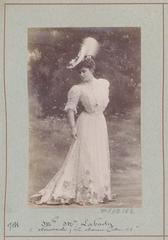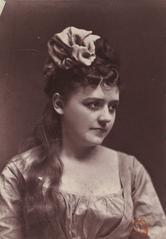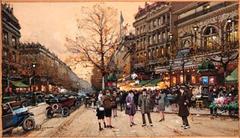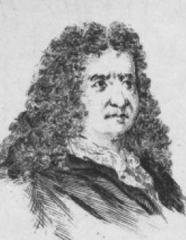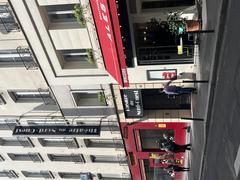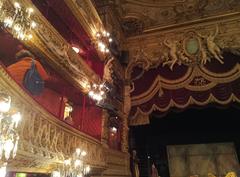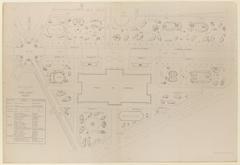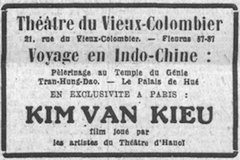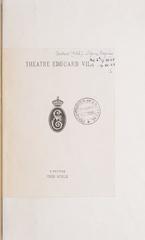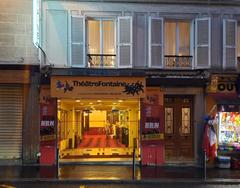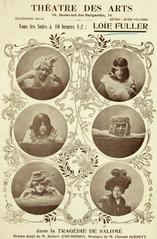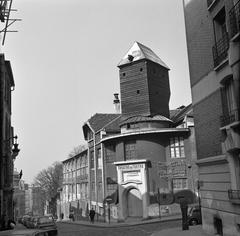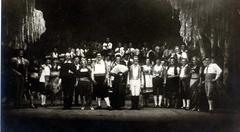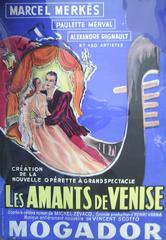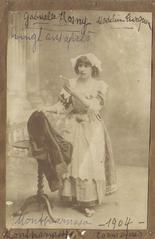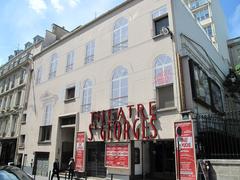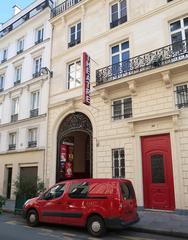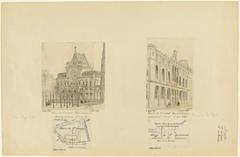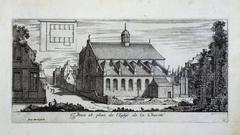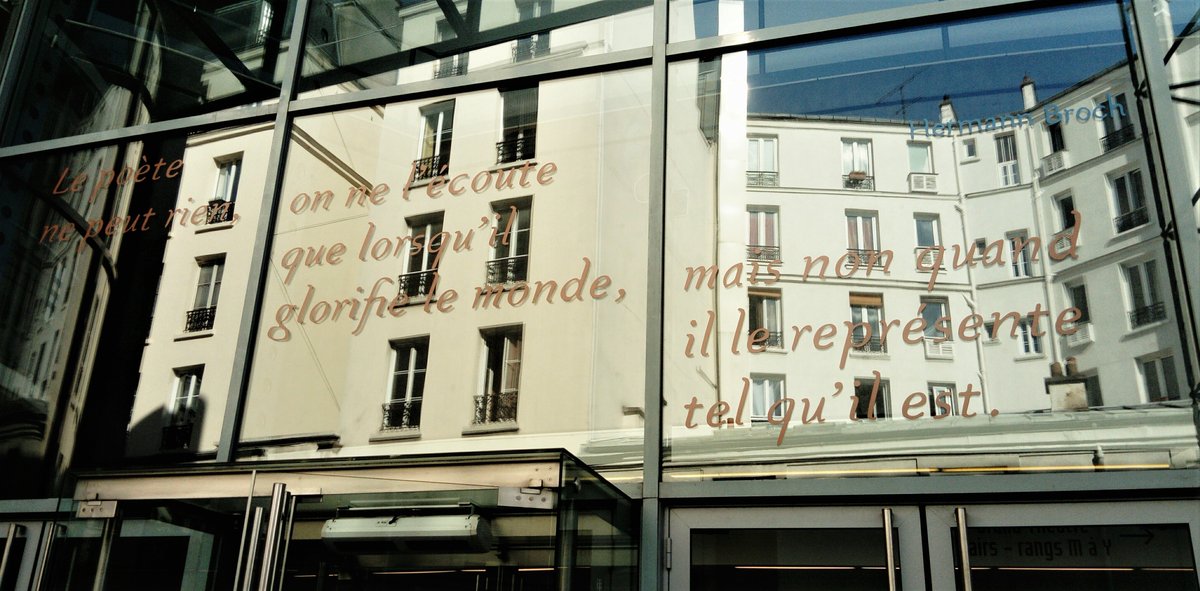
Théâtre National de la Colline Paris: Visiting Hours, Tickets, and Historical Significance
Date: 14/06/2025
Introduction
The Théâtre National de la Colline, located in Paris’s lively 20th arrondissement, stands as one of France’s premier venues for contemporary theatre. Known for its dedication to living playwrights and bold artistic innovation, La Colline is both a cultural landmark and a welcoming gateway to the creative energy of Paris’s east side. This guide provides detailed insights into the theatre’s history, architectural significance, programming, visiting hours, ticketing, and tips for exploring the surrounding neighborhood and historical sites.
For the most up-to-date information, visitors are encouraged to consult the official theatre website and related cultural resources (colline.fr, universalis.fr, cityzeum.com).
Table of Contents
- Historical Evolution of Théâtre National de la Colline
- Artistic Leadership and Institutional Mission
- Architectural Design and Facilities
- Visitor Information: Hours, Tickets, Accessibility
- Programming and Cultural Highlights
- Exploring the 20th Arrondissement and Nearby Attractions
- Frequently Asked Questions (FAQ)
- Conclusion and Travel Tips
- Sources
1. Historical Evolution of Théâtre National de la Colline
Origins and Early Years (1951–1987)
La Colline’s roots extend to 1951, when Guy Rétoré founded the amateur troupe “La Guilde” in the Ménilmontant district (colline.fr). By 1960, the group became permanent, earning recognition for its innovative programming. In 1963, with support from the Ministry of Cultural Affairs, La Guilde transformed the Zénith-Cinéma into the Théâtre de l’Est Parisien (TEP), focusing on both classical and contemporary works and making theatre accessible to the working-class neighborhoods of eastern Paris (universalis.fr).
The TEP was officially designated a national theatre in 1972, a testament to its influence and commitment to democratizing theatre (colline.fr).
Transformation and Inauguration as Théâtre National de la Colline (1983–1988)
By the early 1980s, the need for a purpose-built modern theatre led to the construction of the current venue. The new Théâtre National de la Colline, designed by Valentin Fabre and Jean Perrottet, was inaugurated in January 1988, marking a shift toward a dedicated focus on contemporary dramatic creation (colline.fr; universalis.fr).
2. Artistic Leadership and Institutional Mission
Directors and Their Legacies
- Guy Rétoré (1963–1987): Pioneered the theatre’s community focus and accessibility.
- Jorge Lavelli (1987–1996): Opened the new theatre with Lorca’s “Le Public,” introduced major 20th-century playwrights, and established an international reputation (universalis.fr).
- Alain Françon (1996–2010): Broadened the repertoire to include both living and canonical modern authors.
- Stéphane Braunschweig (2010–2016): Focused on new forms of stage writing and innovation.
- Wajdi Mouawad (2016–2026): Emphasizes writing, diversity, youth, and territorial engagement, with a program of 12–18 productions annually and a strong commitment to inclusivity (colline.fr).
National Mission
As one of France’s six national theatres, La Colline is dedicated to supporting contemporary drama and diverse voices. Its mission includes commissioning new works, fostering international collaborations, and making theatre accessible to all audiences, regardless of background (culture.gouv.fr).
3. Architectural Design and Facilities
Modernist Vision
The theatre’s glass façade and “paquebot” (ocean liner) exterior symbolize transparency and openness to the community (colline.fr; Wikipedia). Designed by Valentin Fabre and Jean Perrottet, with contributions from Alberto Cattani, the building features functional, flexible spaces rather than monumental grandeur.
Performance Spaces
- Grand Théâtre: Amphitheater-style main hall with a capacity of 649 seats, exceptional acoustics, and versatile staging (jezet.com).
- Petit Théâtre: Modular space on the second floor, seating up to 200, ideal for experimental and intimate performances.
- Salle Copi and Rehearsal Rooms: Dedicated rehearsal facilities ensure seamless production transitions (colline.fr).
- Construction Workshop: Located in Noisy-Le-Sec for set and technical production.
Public Amenities
- Spacious lobby and open circulation areas for community interaction.
- On-site bar-restaurant “La Gamelle des cheffes.”
- Specialized bookshop dedicated to theatre literature.
- Full accessibility, including step-free access, adapted seating, and accessible restrooms (sortiraparis.com).
4. Visitor Information: Hours, Tickets, Accessibility
Visiting Hours
- Box Office: Tuesday–Saturday, 1:00 PM–7:00 PM. Performance times vary; always check the official website for updates.
- Extended Opening: On performance days, the theatre opens earlier (typically two hours before curtain time).
Tickets and Pricing
- Tickets range from €10–€40, depending on production and seat category.
- Concessions are available for students, seniors, groups, and persons with disabilities.
- Purchase tickets online, by phone, or in person at the box office (theatreinparis.com).
- Subscription packages are available for frequent visitors.
Accessibility
- Step-free access, ramps, elevators, and adapted seating throughout.
- Hearing assistance and audio-described performances are occasionally offered.
- Accessible restrooms and staff support for visitors with disabilities.
Guided Tours
- Guided tours focusing on the building’s architecture and backstage areas are occasionally available by advance arrangement (colline.fr).
5. Programming and Cultural Highlights
Season Overview (2024–2025)
- “Racine carrée du verbe être” by Wajdi Mouawad: Explores identity and memory (cityzeum.com).
- “Re Chicchinella” by Emma Dante: A farce-tragedy inspired by Neapolitan folklore.
- “Journée de noces chez les cromagnons” by Wajdi Mouawad: Family drama with humor and emotion.
- “Romance queer” by Virginie Despentes: Tackles gender and sexuality themes.
International and Contemporary Focus
- Productions frequently include works in original languages with French surtitles.
- Regular post-show discussions, artist talks, and workshops foster audience engagement and education.
- Community outreach, youth programs, and partnerships with schools and cultural organizations extend the theatre’s impact (colline.fr).
6. Exploring the 20th Arrondissement and Nearby Attractions
Local Highlights
- Père Lachaise Cemetery: Iconic resting place of Jim Morrison, Édith Piaf, Oscar Wilde; a short walk from the theatre.
- Place Gambetta: Bustling square with cafés and shops.
- Rue de Bagnolet & Rue des Pyrénées: Lined with multicultural restaurants, boutiques, and wine bars.
- Parc de Belleville and Parc des Buttes-Chaumont: Green spaces with panoramic city views.
Dining and Culture
- Local brasseries and cafés such as Le Chantefable and Café Martin offer authentic Parisian dining.
- The neighborhood is known for its multicultural atmosphere, vibrant street life, and artistic venues.
Safety and Tips
- The area is generally safe and well-lit.
- Public transport via metro (Gambetta, Line 3) and buses is reliable and convenient.
7. Frequently Asked Questions (FAQ)
Q: What are the Théâtre National de la Colline’s opening hours?
A: The box office is open Tuesday to Saturday, 1:00 PM–7:00 PM; performance times vary.
Q: How can I buy tickets?
A: Purchase online, by phone, or at the box office. Early booking is recommended.
Q: Is the theatre accessible?
A: Yes, with step-free access, adapted seating, and accessible facilities.
Q: Are English-language performances or surtitles available?
A: Many productions provide English surtitles; some are performed in English.
Q: Are guided tours available?
A: Occasional guided tours are offered; check the website for details.
8. Conclusion and Travel Tips
Théâtre National de la Colline is a vibrant center for contemporary theatre, merging artistic innovation with an inclusive, community-oriented ethos. Its striking modernist architecture, flexible performance spaces, and rich programming make it a must-visit for anyone seeking to experience the dynamic cultural life of Paris. Enhance your visit by exploring nearby historical and cultural sites, enjoying local dining, and engaging with the theatre’s many educational and community programs.
Plan your visit today:
- Check the latest schedules and ticket availability on the official website.
- Download the Audiala app for real-time event updates and easy ticket booking.
- Follow La Colline on social media for news, behind-the-scenes content, and special offers.
9. Sources
- colline.fr
- universalis.fr
- colline.fr - Spaces
- Wikipedia
- jezet.com
- agendaculturel.fr
- cityzeum.com
- theatreinparis.com
